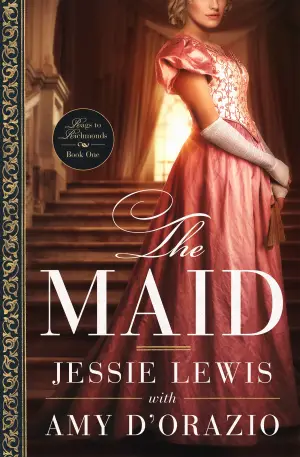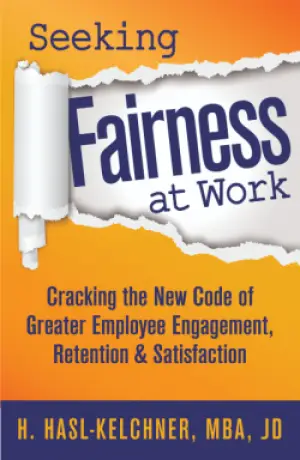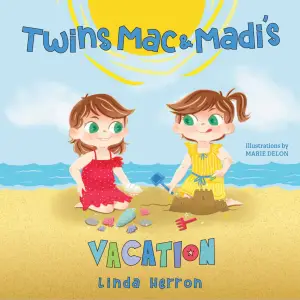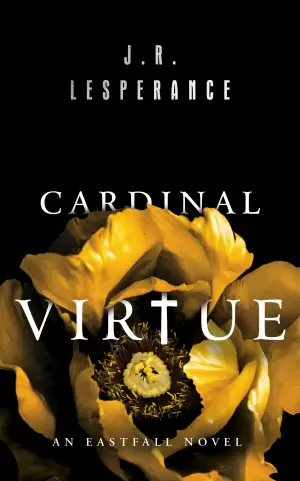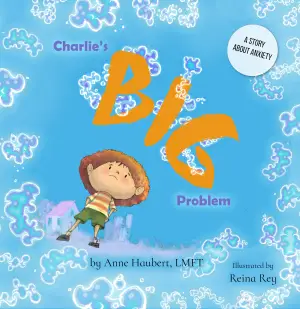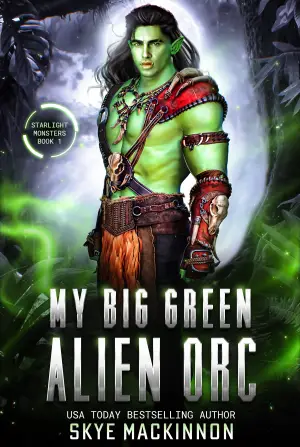A Journey Through Grief and Fantasy: A Review of Helen of Wyndhorn
When I first stumbled upon Helen of Wyndhorn, I was struck by its intriguing premise—a comic that weaves grief and fantasy together, creating an exploration of loss that also promises adventure. Written by the talented author Helen Cole, it isn’t just a story about a teenager caught in an elaborate fantasy world; rather, it is a complex tapestry that invites readers to think deeply about the echoes of trauma through generations.
As I dove into its pages, I quickly realized that Helen Cole, with her sixteen-year-old alcoholic and chain-smoking persona, is not your typical protagonist. Despite the book’s title, other characters play pivotal roles in this layered narrative, particularly her enigmatic grandfather, Barnabas—aka Othan—and Lilith, her no-nonsense governess. Each character adds to the rich canvas, painting a vivid picture of how grief can shape lives. Lilith is particularly well-crafted; she embodies strength and complexity, proving that even those who guide others can have their own battles.
The plot unfolds in the 1930s, recounted through flashbacks that add depth and urgency to the story. The mansion Wyndhorn, once a central character in its own right, fades into obscurity, prompting unanswered questions about its fate. Why has it been forgotten? What weighs on the characters who once inhabited it? This clever device not only ignites curiosity but simultaneously speaks to the theme of abandonment—a metaphor for the emotional voids left in the wake of loss.
Amid its intricate storytelling lies an ambiguity that kept me engaged. I found myself pondering the importance of C.K. Cole’s tombstone engraved with “Better than Shakespeare.” It teases a significance that feels both pressing and elusive. What does it mean for a narrative teetering between mediums—comic or novel? The questions linger like shadows, demanding reflection long after the final page.
The artwork is simply stunning, capturing the gothic ambiance and fantastical creatures with a vibrant flair. There’s something profoundly enchanting about the "flyune," a charming little creature named No, who embodies the whimsy and danger that coexist in Helen’s world. The art complements the narrative beautifully, enhancing the themes of love, loss, and escapism.
Despite the convolutions of the plot, Helen of Wyndhorn engages through its larger questions about violence and escape. It challenges the romanticization of fantasy tropes, while simultaneously celebrating the power of storytelling. I was particularly drawn to its rich portrayal of the mother-daughter bond between Helen and Lilith, a narrative thread that feels universal, echoing through the complexities of familial ties and shared sorrow.
If you’re in the mood for swords, sorcery, and emotional depth, I wholeheartedly recommend Helen of Wyndhorn. It’s a comic that may not deliver all the answers but invites readers to explore and ponder along with its characters. Whether you’re a fan of gritty narratives like The Boy and the Heron or whimsical adventures reminiscent of Amethyst: Princess of Gemworld, there’s something here for everyone.
In the end, while I wouldn’t call it a flawless masterpiece, Helen of Wyndhorn is an ambitious creation filled with heart and intelligence, waiting to be revisited again and again. So grab a copy and embark on this journey that promises to move you, intrigue you, and perhaps, like Helen herself, inspire you to confront the labyrinth of your own emotions.
Final Score: 3.5/5


